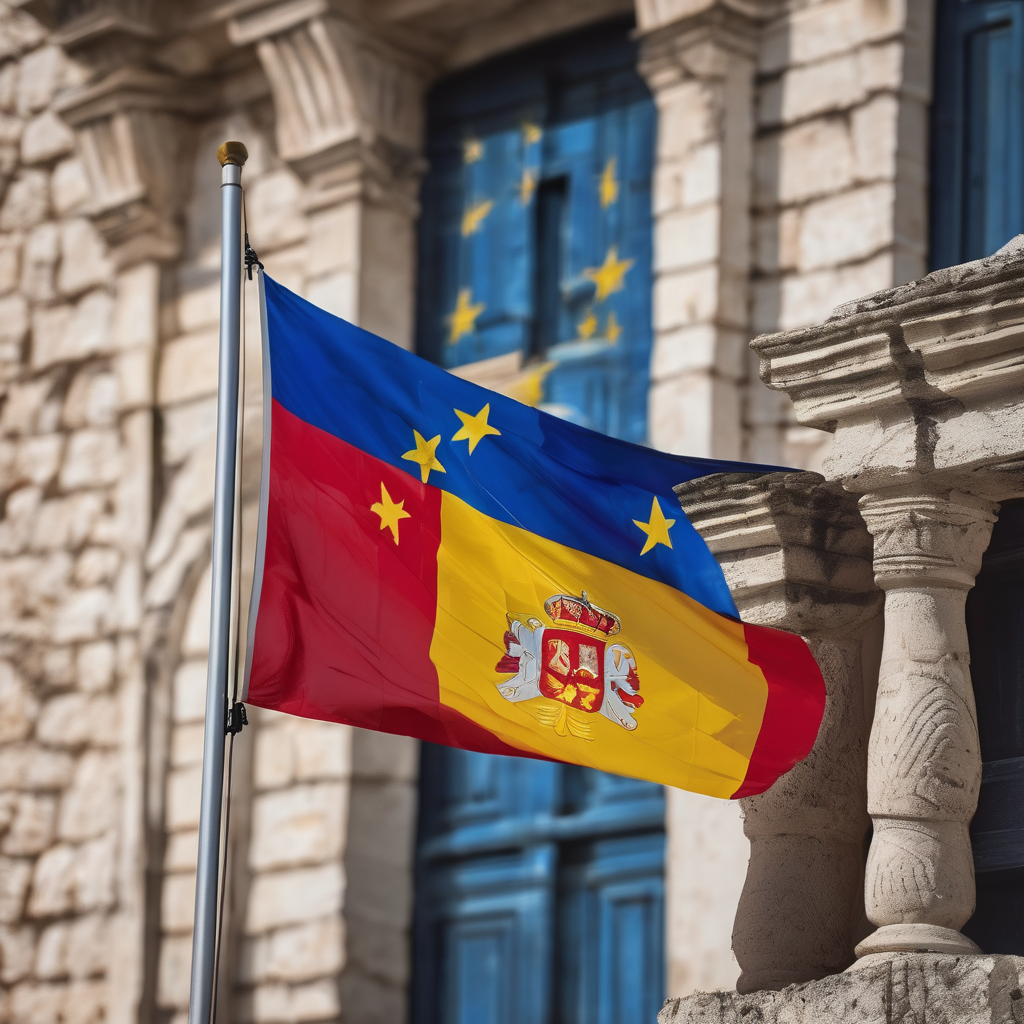Filip Ivanović, Montenegro’s Deputy Prime Minister, has emphasized the significant geopolitical implications the European Union could face if it does not proceed with its enlargement plans. In an interview with Euronews during an enlargement summit in Brussels, he highlighted that a failure to expand the EU, particularly regarding Montenegro and other candidate nations, would undermine the very essence of the union itself. Ivanović stated, “If enlargement does not happen, then the very concept of the European Union loses its credibility: It’s not European, and it’s not a union anymore.”
He warned that such a situation would be devastating for Montenegro and send a discouraging message to other candidate countries, signaling that their efforts might be futile. As tensions in the region have escalated, particularly following Russia’s invasion of Ukraine, the discourse around EU expansion has gained renewed urgency. The EU is now looking closely at integrating nations on its eastern and southeastern periphery.
Montenegro stands out among the nine countries currently recognized as EU candidates, being the most advanced in reforms necessary for membership. Ivanović reiterated the government’s goal of concluding accession talks by 2026, with aims for official EU membership by January 2028. He referred to this ambition as “28 by 28,” signaling hopes for an EU comprising 28 member states by that time.
This discussion aligns with the European Commission’s recent report on candidate countries, which praised Montenegro for being on track in its reform efforts, provided that it maintains its current momentum.
The enlargement process is intricate and necessitates the agreement of all current EU member states at various points. Complicating matters is the ongoing delay of Ukraine’s application, which is currently impacted by Hungary’s Prime Minister Viktor Orbán, who has utilized his veto power to obstruct several EU decisions.
EU officials in Brussels have proposed the possibility of accepting new members with limited voting rights initially, but Ivanović strongly reaffirmed Montenegro’s pursuit of full membership. He articulated that Montenegro has historically aligned closely with EU policies and standards.
Concerns regarding potential setbacks in fundamental EU values such as the rule of law and respect for human rights have led to considerations of probationary periods for new member states. Addressing this, Ivanović reminded that Montenegro has been under scrutiny for its reforms for the past 13 years, indicating that once it completes its negotiation chapters, any metaphorical trial should conclude.
Ivanović’s statements underscore Montenegro’s commitment to EU integration and the importance of enlargement as a vital step for maintaining not just regional stability but also the credibility and unity of the European Union itself.
